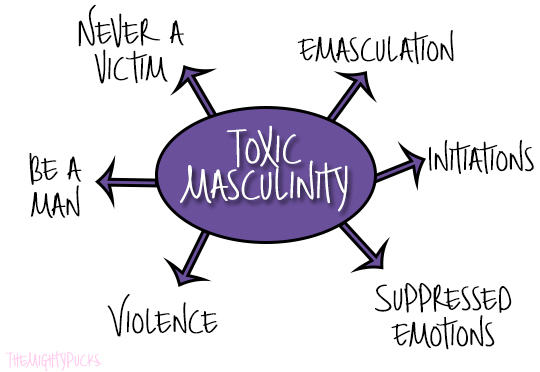It is of great concern that the unemployment rate in South Africa in the fourth quarter of 2020 was at 46% according to StatsSA. With more than two out of five young people unemployed and slim-to-no chances of formal employment after a year of COVID-19, boosting entrepreneurship among the young people is the only option for South Africa. It became evident that most young entrepreneurs from South Africa are males with a higher share operating in the formal sector. Most of these males are white and Indian youth.
There is no doubt about the urgency needed to boost entrepreneurial activities of young people in South Africans as the coronavirus pandemic hits this sector the hardest. The most vulnerable groups - such as young women and those operating in the informal sector have also been hit the hardest by COVID-19 and require urgent assistance. There are a few recommendations, as proposed by various expects, that the South African government should look into so as to minimize unemployment in the country. These recommendations include promoting entrepreneurship as a career path, rather than as a last resort. The government should get more young women into entrepreneurial activities. The government should also encourage the youth with tertiary education to be more enjoyed in entrepreneurial activities through incentives. The government should offer bursaries targeting youth entrepreneurs with the aim of graduating many youth entrepreneurs from a lower education status to higher qualifications. Lastly, the government should increase the the participation of youth entrepreneurs in the real sectors like agriculture and manufacturing.
Going forward, we also need to find ways to improve entrepreneurial intentions among the unemployed youth.
